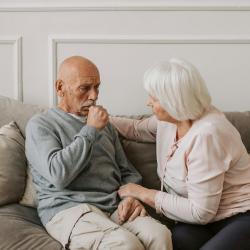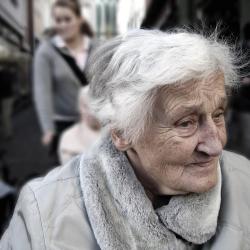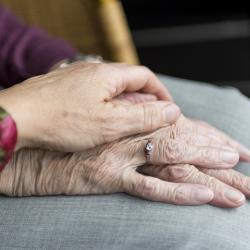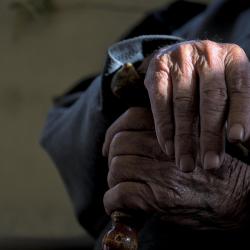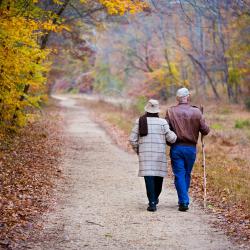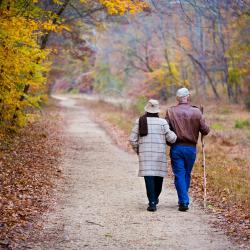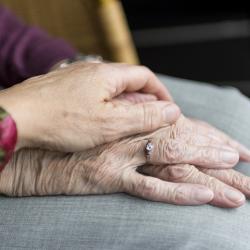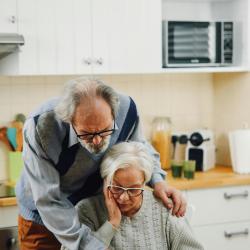How to Recognize and Address Elderly Depression
Depression is a multifaceted mental health condition that affects people of all ages, but recognizing it in the elderly can be particularly challenging. As individuals age, they often face unique emotional, physical, and social changes that can contribute to depression. This article aims to shed light on how to recognize signs of depression in older adults and provide strategies for effectively addressing it.
Recognizing Depression in the Elderly
Depression in older adults often goes unnoticed or is mistakenly attributed to other aging-related issues. Here are some key signs and symptoms to watch for:
-
Persistent Sadness or Anxiety: An ongoing feeling of sadness, anxiety, or emptiness that doesn't seem to lift.
-
Loss of Interest or Pleasure: A noticeable decline in interest or enjoyment in previously enjoyed activities or hobbies.
-
Changes in Appetite or Weight: Significant weight loss or gain and changes in appetite, which are not related to other medical conditions or treatments.
-
Sleep Disturbances: Difficulty falling asleep, staying asleep, or sleeping too much. Insomnia or excessive sleep can both be indicators.
-
Fatigue or Loss of Energy: A persistent feeling of tiredness or lack of energy, even with adequate rest.
-
Difficulty Concentrating: Trouble focusing, remembering details, or making decisions.
-
Feelings of Worthlessness or Guilt: An exaggerated sense of guilt, helplessness, or self-blame.
-
Physical Symptoms: Aches or pains, headaches, cramps, or digestive problems without a clear physical cause and that do not ease with treatment.
-
Social Withdrawal: Avoiding social interactions or activities that were once fulfilling.
-
Thoughts of Death or Suicide: Any expression of suicidal ideation or preoccupation with death should be taken seriously and addressed immediately.
Contributing Factors
Several factors can contribute to depression in the elderly:
-
Chronic Medical Conditions: Such as heart disease, stroke, diabetes, or Alzheimer's disease.
-
Medication Side Effects: Some medications can induce or exacerbate depressive symptoms.
-
Life Changes: Retirement, the death of loved ones, or moving to assisted living facilities can trigger depression.
-
Isolation: Physical immobility, living alone, or reduced social interaction can lead to feelings of loneliness and depression.
Addressing Elderly Depression
-
Seek Professional Help: If you notice signs of depression, it is crucial to consult a healthcare provider. They may recommend therapy, medication, or a combination of treatments.
-
Encourage Open Communication: Create a supportive environment where the elderly feel comfortable sharing their feelings and thoughts.
-
Promote Physical Activity: Encourage regular, gentle exercise appropriate for their physical condition, which can help boost mood and energy levels.
-
Social Engagement: Facilitate social activities and interactions with family, friends, or community groups to combat loneliness.
-
Routine Health Checks: Regular medical checkups can help manage chronic conditions and review medications that might contribute to depression.
-
Healthy Diet: Encourage a balanced diet rich in fruits, vegetables, whole grains, and lean proteins, which can positively impact mental health.
-
Mindfulness and Relaxation Techniques: Activities such as yoga, meditation, or tai chi can reduce stress and improve mental well-being.
-
Monitor Medication: Ensure that all medications are taken as prescribed and consult with a doctor about potential side effects.
Conclusion
Elderly depression is a significant concern that requires careful attention and prompt intervention. By understanding the signs, contributing factors, and effective strategies for addressing depression, caregivers, family members, and healthcare professionals can make a substantial difference in the lives of older adults. Through empathy, support, and appropriate medical care, it is possible to improve the quality of life and mental health of our aging population.

